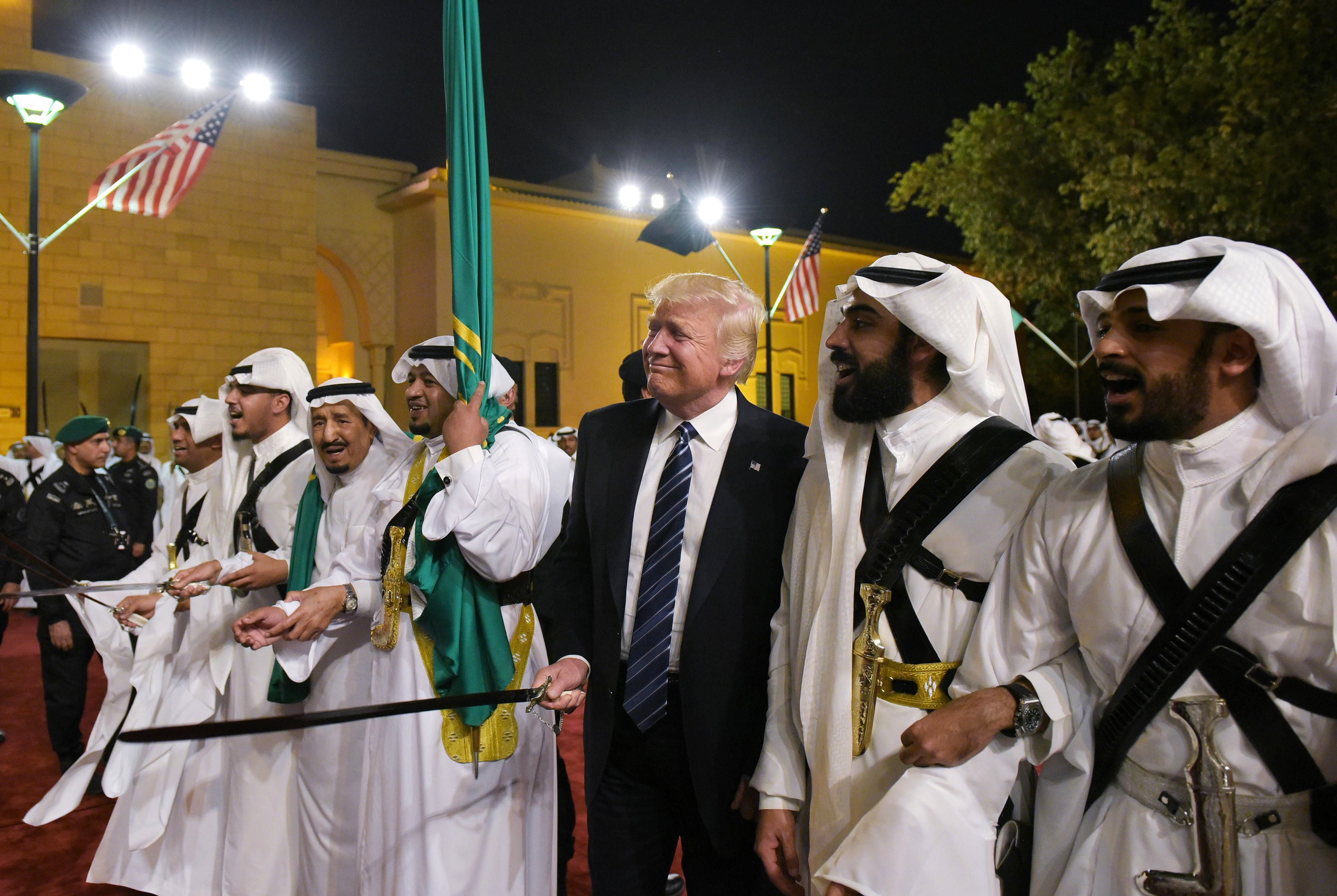WASHINGTON — The Pentagon’s arms-selling agency would have to clamp down on discounts for arms sales to certain countries under legislation proposed by a liberal California Democrat and the conservative head of the House Freedom Caucus.
The Arms Export Control Act requires the Pentagon to recoup one-time production, research and development costs for major equipment sold under the Foreign Military Sales process. But the Department of Defense can grant waivers for those fees when not doing so would endanger a sale, among other reasons.
Since 2012, the Pentagon has granted such waivers 99 percent of the time, giving up $16 billion from 2012 to 2017, according to a Government Accountability Office report.
“Wealthy nations” Saudi Arabia, Qatar, the United Arab Emirates and Kuwait were granted $8.5 billion in waivers, according to co-sponsors House Armed Services Committee member Rep. Jackie Speier, D-Calif., and House Freedom Caucus leader Rep. Mark Meadows, R-N.C.
“Our defense relationships with these countries are important, but these nations have the interest and ability to pay these small added costs. At the very least, our negotiators shouldn’t be giving away billions of dollars without asking hard questions,” Speier said in a statement Monday.
Saudi Arabia was granted a $3.5 billion waiver last year as part of a $15 billion sale for Lockheed Martin’s Terminal High Altitude Area Defense anti-missile system, Bloomberg News reported in March. Saudi Arabia reportedly won waivers totaling $4.82 billion, including the THAAD sale, while other waivers included $2.6 billion to Qatar.
RELATED

Meadows, a fiscal conservative, said the bill would ensure the FMS process ”operates as responsibly as possible and with the greatest respect for taxpayer funds.” The bill, he said, does not jeopardize military ties.
“Instead, it ensures that allies ― particularly allies who are among the richest in the world ― undergo a thorough analysis of their ability to reimburse the taxpayer for defense development costs before receiving any waiver of their responsibility to pay,” he said.
Among other measures, the proposed legislation would institute “speeding fines,” limiting countries’ eligibility for “loss-of-sale” waivers when those countries demonstrate consistent or high-value purchasing patterns.
Among other stiffened reporting requirements, Congress would have to be notified of the size and justification of any loss-of-sale waiver as part of any major defense equipment sale. The Defense Security Cooperation Agency would also have to improve foreign arms sale performance measures and tracking.
Joe Gould was the senior Pentagon reporter for Defense News, covering the intersection of national security policy, politics and the defense industry. He had previously served as Congress reporter.








